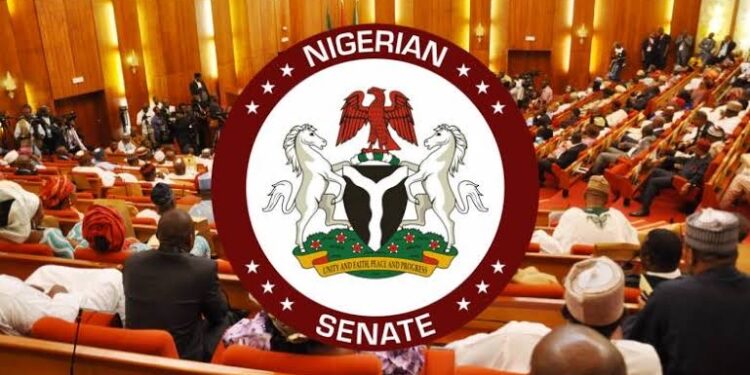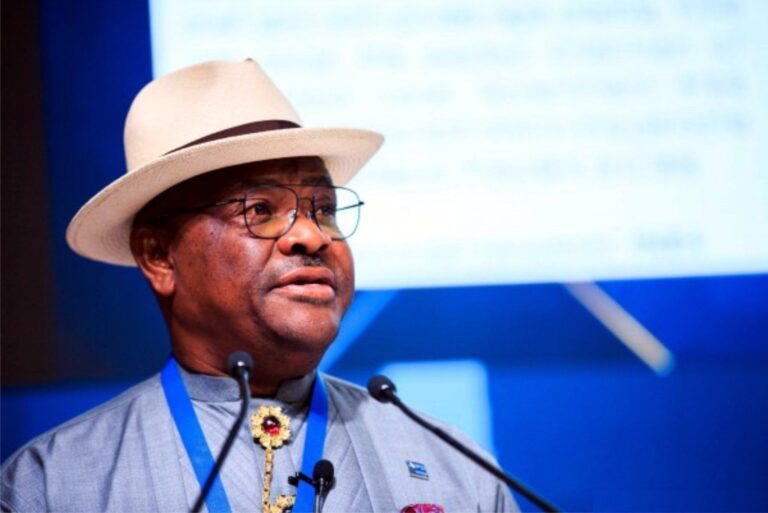
The four senators—two each from Akwa Ibom and Osun states—formally announced their defection during plenary. They are Senators Sampson Ekong (Akwa Ibom South), Aniekan Bassey (Akwa Ibom North-East), Francis Fadahunsi (Osun East), and Olubiyi Fadeyi (Osun Central).
Their defection letters were read on the floor by Senate President Godswill Akpabio.
With the development, the APC’s strength in the 109-member red chamber has risen to 70—just two seats shy of the 72 required to achieve a two-thirds majority.
The PDP now holds 28 seats, while the Labour Party (LP) has five. The Social Democratic Party (SDP) has two seats, and the New Nigeria Peoples Party (NNPP) and the All Progressives Grand Alliance (APGA) hold one seat each.
However, two Senate seats remain vacant. The Independent National Electoral Commission (INEC) has yet to conduct by-elections to replace Senator Ifeanyi Ubah (Anambra South), who died earlier this year, and Senator Monday Okpebholo (Edo Central), who vacated his seat after winning the 2024 Edo State governorship election.
Relatively, in the House of Representatives, the defection of three members from the PDP to the APC on Wednesday also pushed the ruling party’s strength to 224 in the 360-member green chamber. The defection of Reps Taofeek Ajilesoro and Omirin Emmanuel Olusanya from Osun state, alongside Marcus Onobun from Edo state, followed that of Mark Esset from Akwa Ibom on Tuesday.
With this development, the PDP is now left with 86 seats, Labour Party with 26, NNPP with 16, APGA with six, SDP with two and ADC with one.
Meanwhile, there are five vacant seats in the House left by the death of four members and the resignation of one.
Analyst warns of implications for Nigeria’s democracy
Commenting on the growing dominance of the ruling APC and its increasing control of the National Assembly ahead of the 2027 elections, political scientist, Professor Gbade Ojo, has warned of serious consequences for Nigeria’s democratic future.
“What we are witnessing is the continuous expansion of the ruling APC. While that may appear to signify political strength on the surface, the implications for democracy are deeply concerning,” he said.
The ruling All Progressives Congress (APC) is now just two members short of securing a two-thirds majority in the Senate, following the defection of four senators from the Peoples Democratic Party (PDP) on Wednesday.
Based on Nigeria’s constitution and the rules of the National Assembly, the development means that if the APC secures a two-thirds majority in the Senate, any bill or request presented to the red chamber is likely to pass with or without support from the opposition. Political analysts warn that such dominance poses a serious threat to Nigeria’s fledgling democracy and could signal a dangerous slide toward totalitarianism.
DAILY TRUST.




